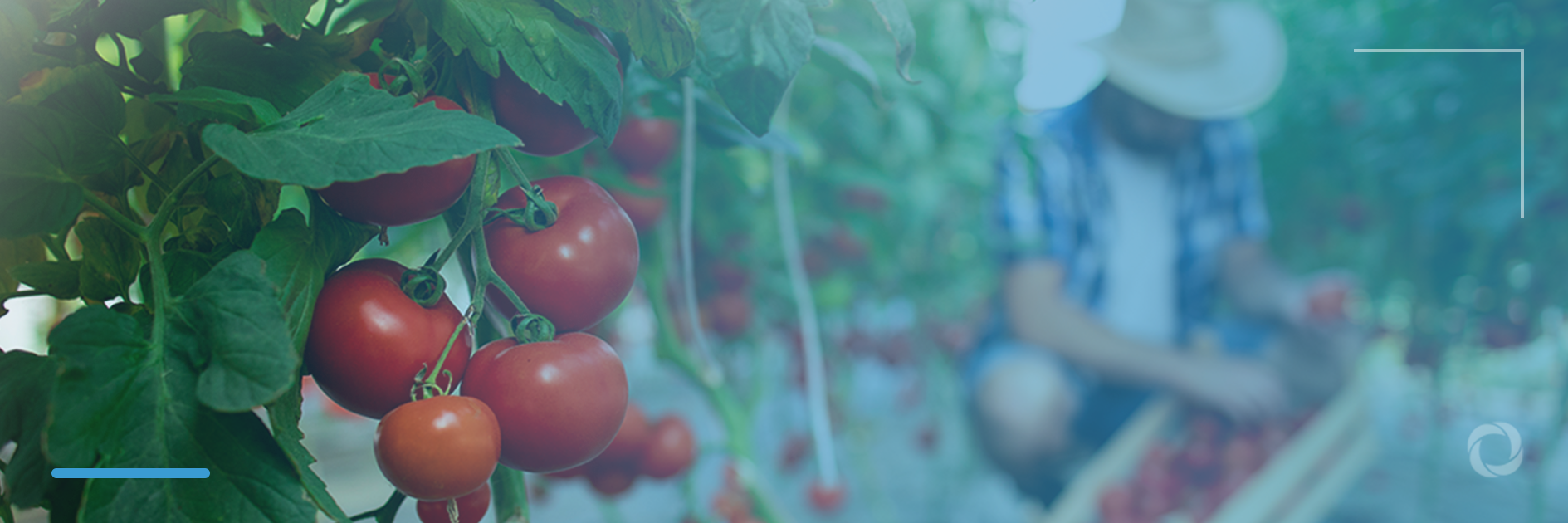This year, 17th of April marks the 25th anniversary of the International Day of Peasants’ Struggle. While being an occasion to remember the importance of respecting the human rights of more than 2 billion peasants and people working in rural areas, it serves to remind society of the importance of expanding these rights not only for the sake of those communities but also entire economies since an increasing amount of evidence shows that social capital forms the basis of a well-functioning society and consequently its development.
A day to commemorate but also to celebrate
The International Day of Peasants’ Struggle serves to commemorate a tragic event that happened in 1996 in Eldorado dos Carajás, Brazil where a non-violent protest by members of the Landless Workers Movement, one of the largest social movements in Latin America, was brutally attacked by the military police. The massacre led to the death of 19 and injury to hundreds of peasants who had been demanding access to land and justice.
Twenty-five years later, myriads of peasants in Brazil and all around the world are still being forced off their land in the process of land grabbing. As a result, they no longer have access to the vital resource that enables them to feed themselves – the soil. Furthermore, even in some EU countries, such as Romania, small farmers and communities suffer due to legislative loopholes and inadequate legal instruments.
“Examples of acute human rights violations are practically endless, as many of the world’s roughly two billion peasants and agricultural workers are systematically discriminated against and have their human rights violated”, said Jan Urhahn and Benjamin Luig from the Rosa-Luxemburg-Stiftung’s Food Sovereignty Global Dialogue Programme.
However, the fight for respect for the rights of peasants continues despite minimal attention from the world’s media. Sometimes the struggle does bring about change for local communities as is the case for ‘thousands of families in the community of Panama, Sri Lanka who were able to reclaim their land after six years of constant struggle amidst threats and intimidation’. Despite the attempt of the government to advance a large-scale corporate-led tourism project, the people of this community wrote petitions, voted their governors out of the office, and persisted with their struggle by joining important local movements. This effort resulted in a court eventually ruling that they were within their rights to fully access the disputed land.
The major achievement in the struggle for peasants’ rights, however, is the United Nations Declaration on Rights of Peasants (UNDROP) which was adopted in 2018. It had taken 17 years for the peasants’ movement and their allies to make this become a reality, ‘a historic event for the international human rights system itself, as well as for the world’s peasant communities’ which all together make up 40% of the world’s population and produce at least 70% of the world’s food.
Peasants are part of development
While the opinion that ‘big business and human rights have always had a troubled relationship’ is not new, there is to demonstrate that social capital is indispensable for a well-functioning economy.
Researchers say accepting and embracing social dynamics is vital if we are to overcome crises and achieve certain financial stability because ‘rational choices based on self-interest alone’ lead to ‘boom-bust business cycles’ with ‘devastating impacts on the public at large’.
Social capital, on the other hand, is a form of capital that is built through the respect of human rights which improves the performance of groups, companies, and societies. The mechanism itself is rather simple – values such as justice, trust, fairness, and reciprocity promote collaboration and play a role in cementing relationships among individuals. It causes society to function more effectively as there is mutual benefit and a ‘commitment to the health of the whole’. It produces public goods for a common purpose.
This perspective is what makes social capitalism different from the classic neoliberal approach which uses factors related to social capital but does not take it into account.
Within this logic, it becomes necessary to redefine the common perception of peasants and their role within society.
Angela Hilmi, an Associated Professor at Coventry University: “Rather than perpetuating the idea of the poor small farmer, it is time to understand family farmers, also called peasants, for what they are: solid professionals with wide skills, rooted in time and space, with the ability to produce value at local level and wealth at global level”.
Rather than an obsessive emphasis on yields, peasant farming is about taking many criteria into account which ultimately allows the creation of an efficient system of natural resource management with sustainability at its very core. Yields depend on the way social and natural resources are modelled and used through generations, says Hilmi.
“They are strongly influenced by the intricate web of relationships within the community in which peasant farming is embedded with extended links of reciprocity” she concludes.
Perceiving social values as social capital would seem to be essential for healthy economic systems. In this case, acknowledging peasants and expanding their rights beyond those stated in the UN Declaration on Rights of Peasants can bring benefits to society as a whole because, with everyone on board, it will succeed.
As Jacinda Ardern, the Prime Minister of New Zealand, once said ‘Economic growth accompanied by worsening social outcomes is not success, it is failure.’

